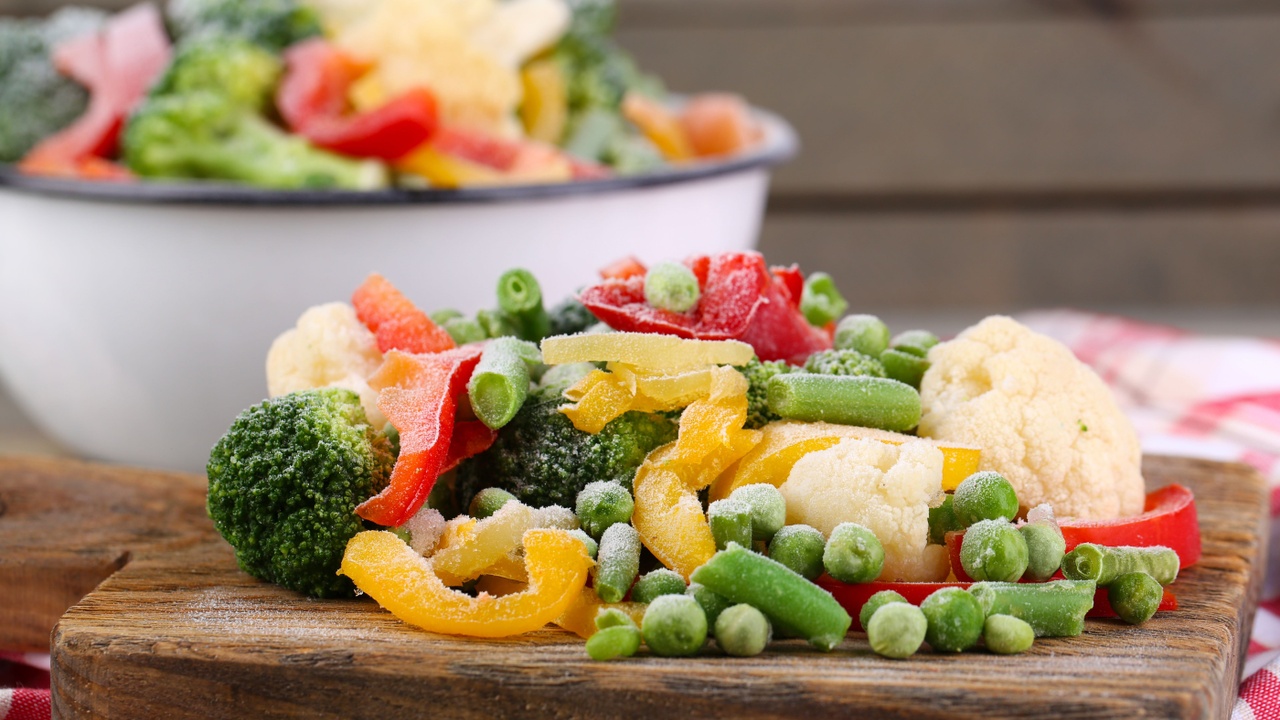
Freezer Friendly Meals
Oct 08, 2022Whether you cook in bulk for the month ahead, or want to save leftovers for a later date, freezer-friendly meals can save time and prevent food waste. These options reheat well, without losing their taste and texture.
Homemade Sausage rolls (with hidden veg)
Homemade sausage rolls can be frozen uncooked for up to 3 months. Simply allow an extra 10 minutes in the over to thaw them out.
Bolognese or lasagne
Cooked bolognese sauce can last up to 3-months in the freezer. It can be reheated in a saucepan on low heat in the same amount of time it takes to boil some fresh pasta. Try a wholegrain or pulse paste to increase the fibre content of the meal.
Soup
Just about any type of soup can be pre-made and stored in the freezer. Try adding tofu, lentils, chickpeas or shredded chicken once thawed out to increase the protein and satisfaction content of the dish.
Curries
Curries are easy to bulk-prepare and freeze and have the added bonus of flavours intensifying over time. Tomato and stock-based curries freeze best and whilst coconut-based curries can be frozen safely, the texture may be affected.
Homemade meatballs/burger patties
Regardless of the meat (chicken, turkey, beef), meatballs can be pre-made in bulk and frozen with or without sauce. If freezing meatballs without sauce, they can be thawed and used in salads, sandwiches, pastas or as a snack, making them more versatile.
How long can food last in the freezer?
- Frozen Fruit & vegetables 9-12 months
- Poultry 6-9 months
- Fish 3-6 months
- Meat 3-4 months
- Cured or processed meat 1-2 months
Remember: First in first out. Eat older meals first to prevent waste.
Top tips for freezing food
- Pre-portion meals before they are frozen so you only thaw out what you need.
- Label each dish and the date it was made before freezing.
- The easiest and safest method to thaw frozen food is in the fridge overnight, ready to be cooked the next day.
- When freezing soups, curries etc. leave room at the top of the container to allow the food to expand in the freezer (not necessary for for vegetables, bony meat and bread).
- Allow food to cool completely before placing in the freezer.
- Freeze soon after purchasing ingredients and preparing the dish to ensure the meal is fresh.
- Utilise freezer bags or stackable containers to maximise storage space.
What not to freeze
- Fruit and vegetables with high water content such as cabbage and ice berg lettuce
- Eggs - they develop a rubbery texture
- Dairy based sauces and custards - they separate
- Cooked pasta - it loses texture when reheated
- Mayonnaise or salad dressings separate
For more great ideas every week, VISIT and LIKE our Instagram Page

